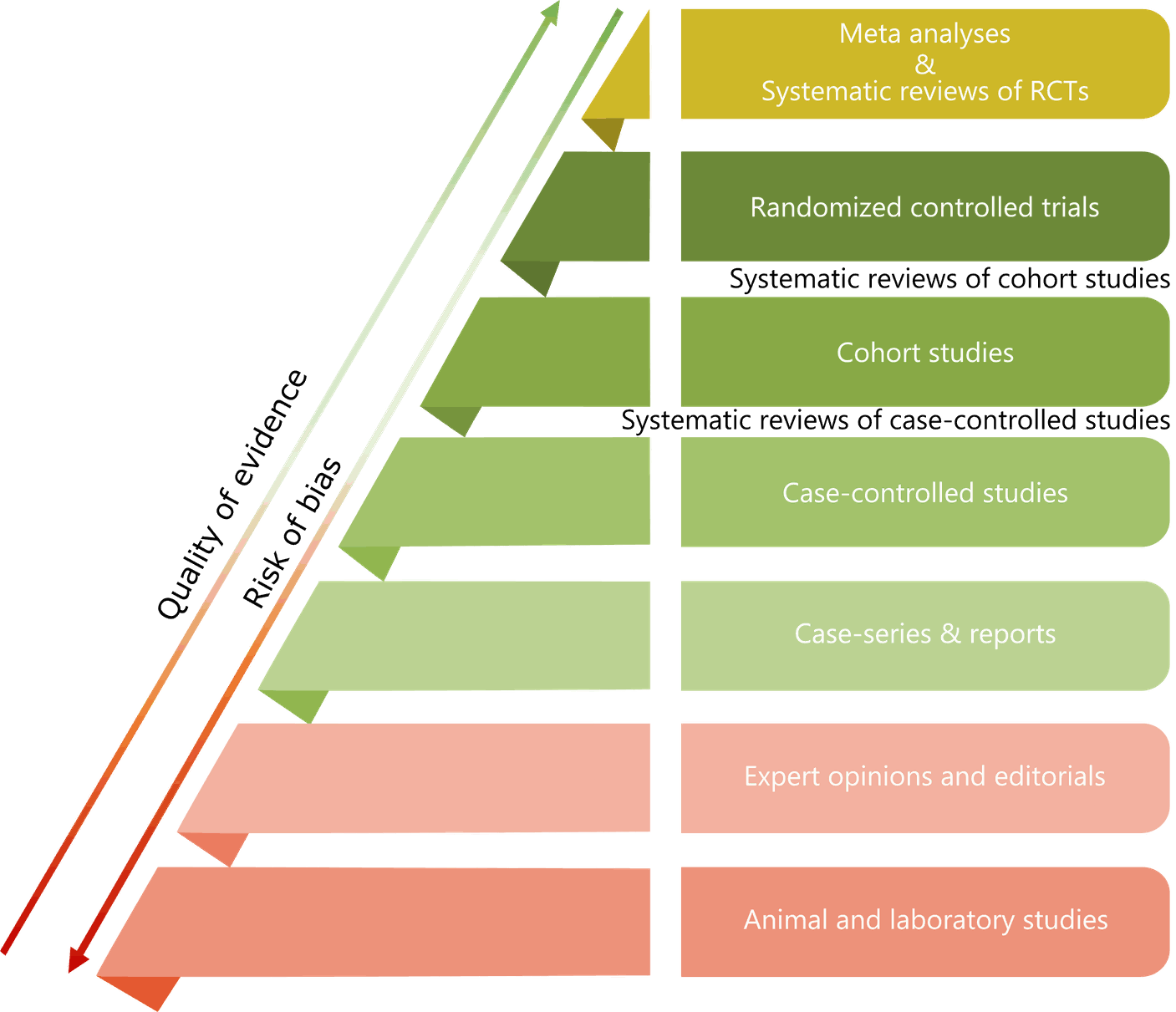How does education help to fight PLP?
Pain in a body part that is no longer physically present can seem unreal and is often misunderstood or stigmatized. As a result, many patients go untreated. This problem is made worse by the fact that most medical programs do not teach up-to-date information on PLP or how to treat it effectively. Substantial progress in understanding and treating PLP has only been made recently, so most clinicians remain unaware of how to address it. Moreover, research shows that when patients understand their condition, they often experience better outcomes. In the case of pain, this is especially true, so much so that learning about pain has been proposed as a treatment on its own. This is why #FightPLP aims to 1) raise awareness and reduce the stigma associated with PLP through education, and 2) train clinicians on evidence-based treatments to effectively alleviate PLP.
How is #FightPLP intending to educate?
#FightPLP provides updated and science-based information digitally through this website and social media platforms. In addition, we organize scientific conferences and courses on evidence-based treatments to alleviate and prevent PLP. These events take place in different regions around the world, and when possible, made available online.
How can you contribute to the fight against PLP?
Whether you are a clinician, patient, or policymaker, learning updated, science-based information about PLP helps everyone make better-informed decisions about which treatments to seek, provide, or support financially.
#FightPLP is a non-profit, volunteer-driven initiative led by scientists and clinicians. We welcome anyone interested in helping to alleviate PLP—locally or globally. You can get involved as a volunteer or sponsor in a specific region or through our global campaign. Contact us to take part in the fight against PLP!
How can #FightPLP support your efforts to combat PLP?
We help organize and promote events such as educational courses and scientific conferences focused on post-amputation pain, particularly PLP. If you're working with evidence-based treatments, we’re happy to promote your initiatives. Feel free to reach out, we’d love to help.

